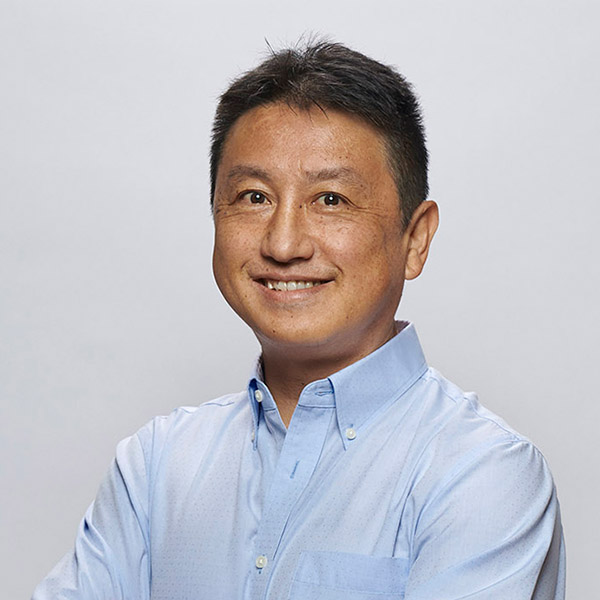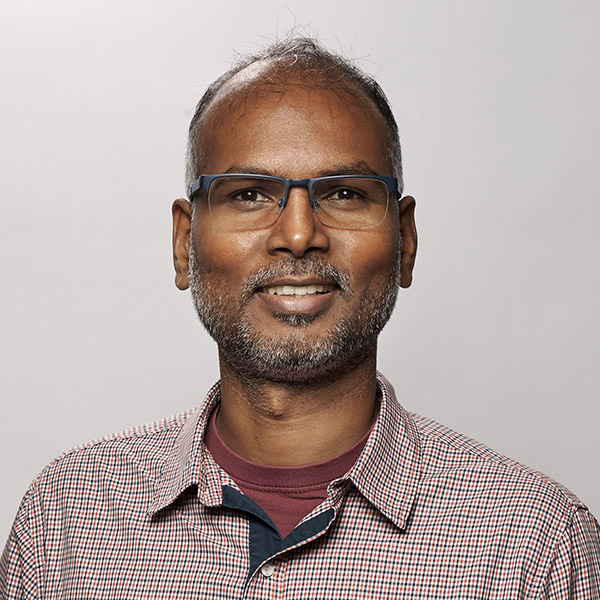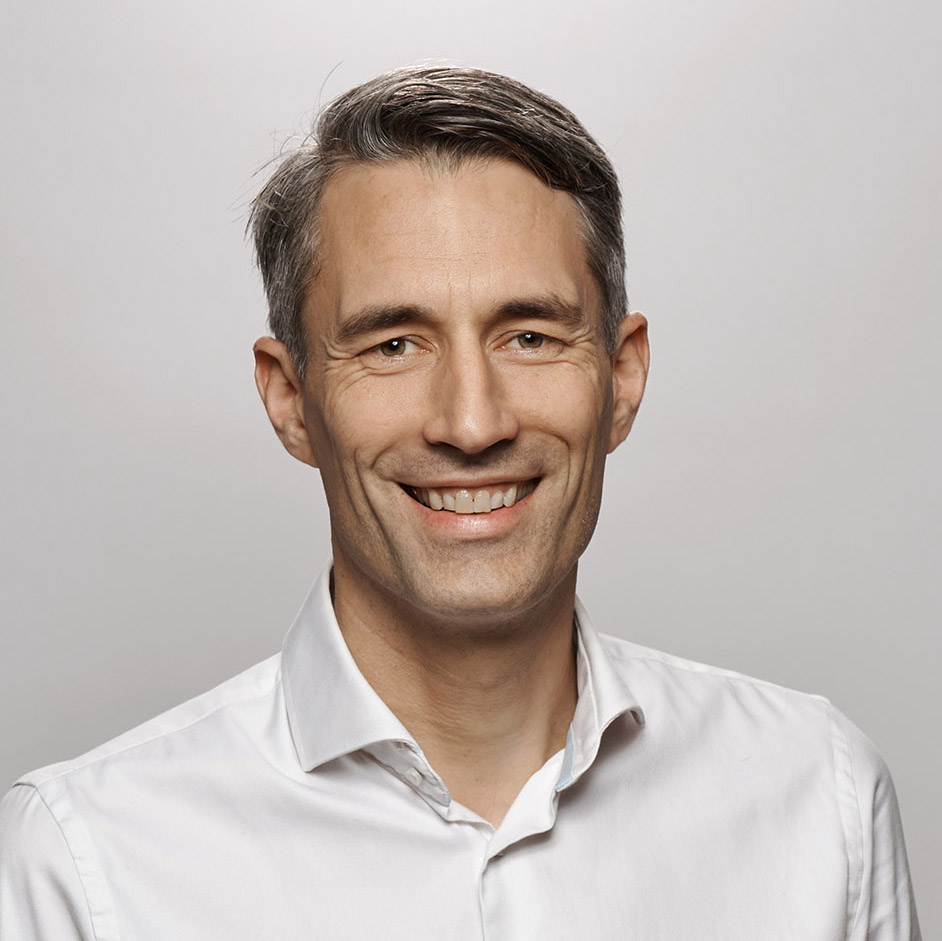Artificial Intelligence in Metabolism (AIM)
The conference brings together renowned investigators to discuss how cutting-edge data science can be best utilized to challenge current dogmas and catalyze better translation in metabolic and biomedical research.
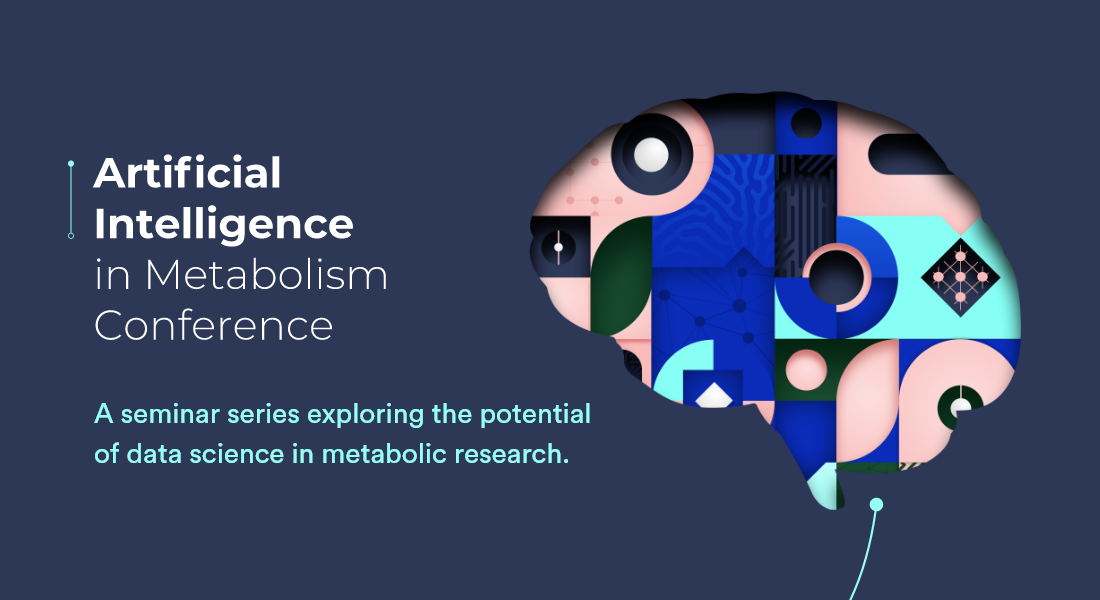
Dates
June 2, June 16 & July 1, 2021
Background
Significant new discoveries in metabolic research increasingly rely on large-scale profiling, data integration and machine learning-based techniques. Not only can these techniques be leveraged to distil novel actionable biological hypotheses to be tested in relevant physiological contexts/clinical settings, they for example enable us to develop predictive tools to more effectively and timely identify at-risk individuals or personalized drugs/interventions.
At the Novo Nordisk Foundation Center for Basic Metabolic Research (CMBR) we have set up enabling biology platforms that utilize sophisticated metabolomics, single-cell and data integration techniques to enrich our deeply phenotyped and genotyped patient cohorts. These data along with the associated Danish longitudinal health register information constitute a unique base to empower current and next generations of scientists to tackle the major questions in metabolic research.
We envision that data and machine learning models will be at the heart of future teams driving novel discoveries in metabolic research, through interdisciplinary approaches involving traditional biomedical scientists alongside data scientists, mathematicians and bioinformaticians. Please join us in our effort to discuss and incubate new ideas to better explore and model metabolic disease.
Program
Wednesday, June 2
16:00 - 16:45
'Protein interaction based analysis of GWAS linked genes for 1000 human traits'
EMBL European Bioinformatics Institute, Hinxton, UK
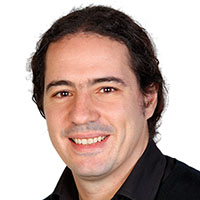 After his postdoctoral research at the University in California, San Francisco, Dr. Pedro Beltrao, Ph.D., is since 2013, Group Leaders at the EMBL European Bioinformatics Institute, Hinxton, UK. His laboratory studies how cellular functions have diverged during evolution as well as how they are altered in disease. He investigates the molecular sources of phenotypic novelties, exploring how DNA changes are propagated through molecular structures and interaction networks to give rise to phenotypic variability.
After his postdoctoral research at the University in California, San Francisco, Dr. Pedro Beltrao, Ph.D., is since 2013, Group Leaders at the EMBL European Bioinformatics Institute, Hinxton, UK. His laboratory studies how cellular functions have diverged during evolution as well as how they are altered in disease. He investigates the molecular sources of phenotypic novelties, exploring how DNA changes are propagated through molecular structures and interaction networks to give rise to phenotypic variability.
16:45 - 17:30
'Understanding the spatiotemporal subcellular organization of the human proteome'
Science for Life Laboratory, KTH Royal Institute of Technology, Stockholm, Sweden
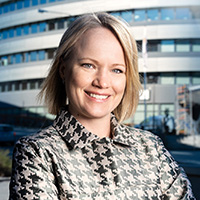 Dr. Lundberg is Professor in Cell Biology Proteomics at KTH Royal Institute of Technology, Sweden, and Director of the Cell Atlas, of the Human Protein Atlas program. For this work she was recently awarded top 10 under 40; future leaders in biopharma. Dr. Lundberg recently spent three sabbatical years as visiting Associate Professor at Stanford School of Medicine and the Chan-Zuckerberg Biohub. In the interface between bioimaging, proteomics and artificial intelligence her research aims to define the spatiotemporal proteome organization of human cells, to understand how variations in protein expression patterns contribute to cellular function and disease.
Dr. Lundberg is Professor in Cell Biology Proteomics at KTH Royal Institute of Technology, Sweden, and Director of the Cell Atlas, of the Human Protein Atlas program. For this work she was recently awarded top 10 under 40; future leaders in biopharma. Dr. Lundberg recently spent three sabbatical years as visiting Associate Professor at Stanford School of Medicine and the Chan-Zuckerberg Biohub. In the interface between bioimaging, proteomics and artificial intelligence her research aims to define the spatiotemporal proteome organization of human cells, to understand how variations in protein expression patterns contribute to cellular function and disease.
Co-chairs:
Associate Professor Mani Arumugam
Wednesday, June 16
16:00 - 16:45
'GWAS gene prioritization from local and polygenic signals'
Massachusetts General Hospital and the Broad Institute of MIT and Harvard, Cambridge, MA, USA
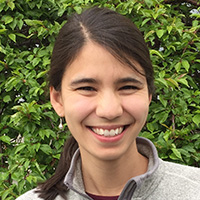 Hilary Finucane is a faculty member at Harvard Medical School, Assistant in Investigation at Massachusetts General Hospital and Associate member of the genetics program at the Stanley Center for Psychiatric Research at the Broad Institute of MIT and Harvard. She holds a BA from Harvard College in mathematics, an MSc from the Weizmann Institute of Science in theoretical computer science, and a PhD from MIT in applied mathematics. She did her PhD research in statistical genetics in the lab of Alkes Price, funded by a Hertz Foundation Fellowship, after which she started a group at the Broad Institute as a Schmidt Fellow. She is also a recipient of the NIH Director's Early Independence Award.
Hilary Finucane is a faculty member at Harvard Medical School, Assistant in Investigation at Massachusetts General Hospital and Associate member of the genetics program at the Stanley Center for Psychiatric Research at the Broad Institute of MIT and Harvard. She holds a BA from Harvard College in mathematics, an MSc from the Weizmann Institute of Science in theoretical computer science, and a PhD from MIT in applied mathematics. She did her PhD research in statistical genetics in the lab of Alkes Price, funded by a Hertz Foundation Fellowship, after which she started a group at the Broad Institute as a Schmidt Fellow. She is also a recipient of the NIH Director's Early Independence Award.
16:45 - 17:30
'Reproducible machine learning in health data science'
Big Data Institute, Li Ka Shing Centre for Health Information and Discovery, University of Oxford, UK
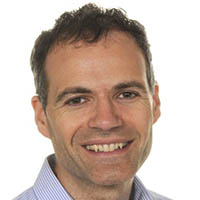 Dr. Aiden Doherty, Ph.D., is an Associate Professor at the University of Oxford and leads Health Data Research UK’s national implementation project on reproducible machine learning. His research group at Oxford develops methods to analyze wearable sensor data in very large health studies to better understand the causes and consequences of disease. For example, his team discovered the first genetic variants associated with machine-learned wearable sensor measurements of sleep and physical activity.
Dr. Aiden Doherty, Ph.D., is an Associate Professor at the University of Oxford and leads Health Data Research UK’s national implementation project on reproducible machine learning. His research group at Oxford develops methods to analyze wearable sensor data in very large health studies to better understand the causes and consequences of disease. For example, his team discovered the first genetic variants associated with machine-learned wearable sensor measurements of sleep and physical activity.
Co-chairs:
Associate Professor Tune H Pers
Staff Scientist Christian Grønbæk
Thursday, July 1
16:00 - 16:45
'Machine learning for exploring biological systems'
Dept. of Biosystems Science and Engineering, ETH Zurich, Basel, Switzerland
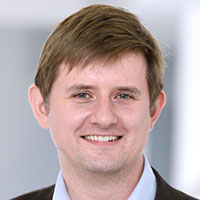 Karsten Borgwardt is Full Professor of Data Mining at ETH Zürich, in the Department of Biosystems located in Basel. His work won several awards, including the 1 million EUR Krupp Award for Young Professors in 2013 and a Starting Grant 2014 from the ERC-backup scheme of the Swiss National Science Foundation. Prof. Borgwardt has been and is leading large national and international research consortia, including the “Personalized Swiss Sepsis Study” (2018-2022) and two Marie Curie Innovative Training Networks on Machine Learning in Medicine (2013-2016 and 2019-2022).
Karsten Borgwardt is Full Professor of Data Mining at ETH Zürich, in the Department of Biosystems located in Basel. His work won several awards, including the 1 million EUR Krupp Award for Young Professors in 2013 and a Starting Grant 2014 from the ERC-backup scheme of the Swiss National Science Foundation. Prof. Borgwardt has been and is leading large national and international research consortia, including the “Personalized Swiss Sepsis Study” (2018-2022) and two Marie Curie Innovative Training Networks on Machine Learning in Medicine (2013-2016 and 2019-2022).
16:45 - 17:30
'New single-cell technologies to dissect reprogramming and development'
Dept. of Genetics, Dept. of Developmental Biology, Center of Regenerative Medicine, Washington University School of Medicine in St. Louis, MO, USA
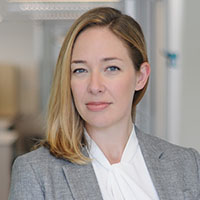 Dr. Samantha Morris, Ph.D., is an Associate Professor of Genetics and Developmental Biology at Washington University in St. Louis. Her laboratory studies the mechanisms of cell reprogramming, focusing on how transcription factors drive gene expression, epigenetic, and functional changes in cell identity. To enable these studies, her group develops novel, open-source single-cell experimental and computational approaches to longitudinally record lineage and gene regulation during directed reprogramming.
Dr. Samantha Morris, Ph.D., is an Associate Professor of Genetics and Developmental Biology at Washington University in St. Louis. Her laboratory studies the mechanisms of cell reprogramming, focusing on how transcription factors drive gene expression, epigenetic, and functional changes in cell identity. To enable these studies, her group develops novel, open-source single-cell experimental and computational approaches to longitudinally record lineage and gene regulation during directed reprogramming.
Co-chairs:

